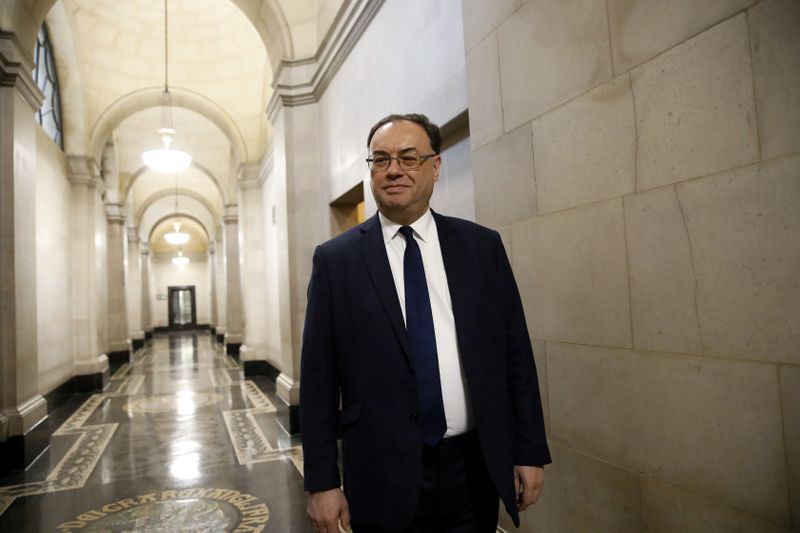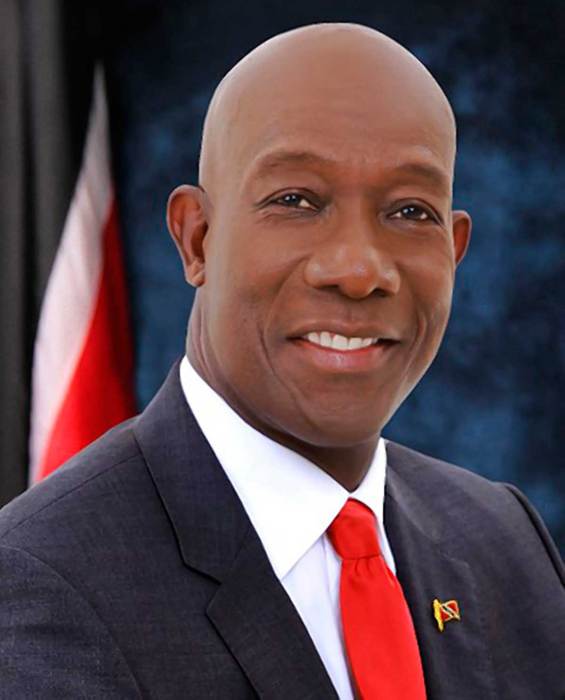LONDON (Reuters) – Bank of England Governor Andrew Bailey said he could see some early signs of an economic recovery in Britain as the government’s coronavirus lockdown restrictions are lifted, but warned there was still likely to be long-term damage.
“If there is any such thing as a normal recession … this one will be different. There will be elements of a faster recovery, because the first stage of the recovery is literally lifting restrictions and allowing people to go out,” he said.
“And we see … evidence of elements of that recovery starting,” he added at a panel discussion hosted by the World Economic Forum on Wednesday.
He did not give details of that evidence, but surveys of businesses and consumers in May and early June have pointed to some recovery as the lockdown lifts.
Bailey said the BoE expected the recovery to take longer than the simple lifting of restriction would suggest, however, as consumers were likely to be cautious about returning to restaurants and similar venues.
Long-term damage was also likely, as some businesses would not survive the coronavirus shutdown, even with government help, while others might find their business models – such as high-street stores or packed bars – no longer appealed to the public.
“We don’t know how much scarring there will be. I think it is reasonable to say there will be some but it is very hard to judge,” he said.
Britain will publish on Friday its first official data for economic output in April, which economists polled by Reuters expect to be down by more than a fifth compared with April 2019.
Last month the BoE set out a scenario that showed economic output returning to its pre-crisis level in the second half of next year.
Bailey did not discuss monetary policy ahead of a BoE decision next week, when many economists expect it to add to the 200 billion pounds ($255 billion) of extra asset purchases it announced in March.
But he noted that the coronavirus pandemic gave more urgency to concerns the BoE had before the crisis that some businesses and non-bank financial institutions were ill-prepared for economic shocks.
(Reporting by William Schomberg and David Milliken; Editing by Alex Richardson)



















